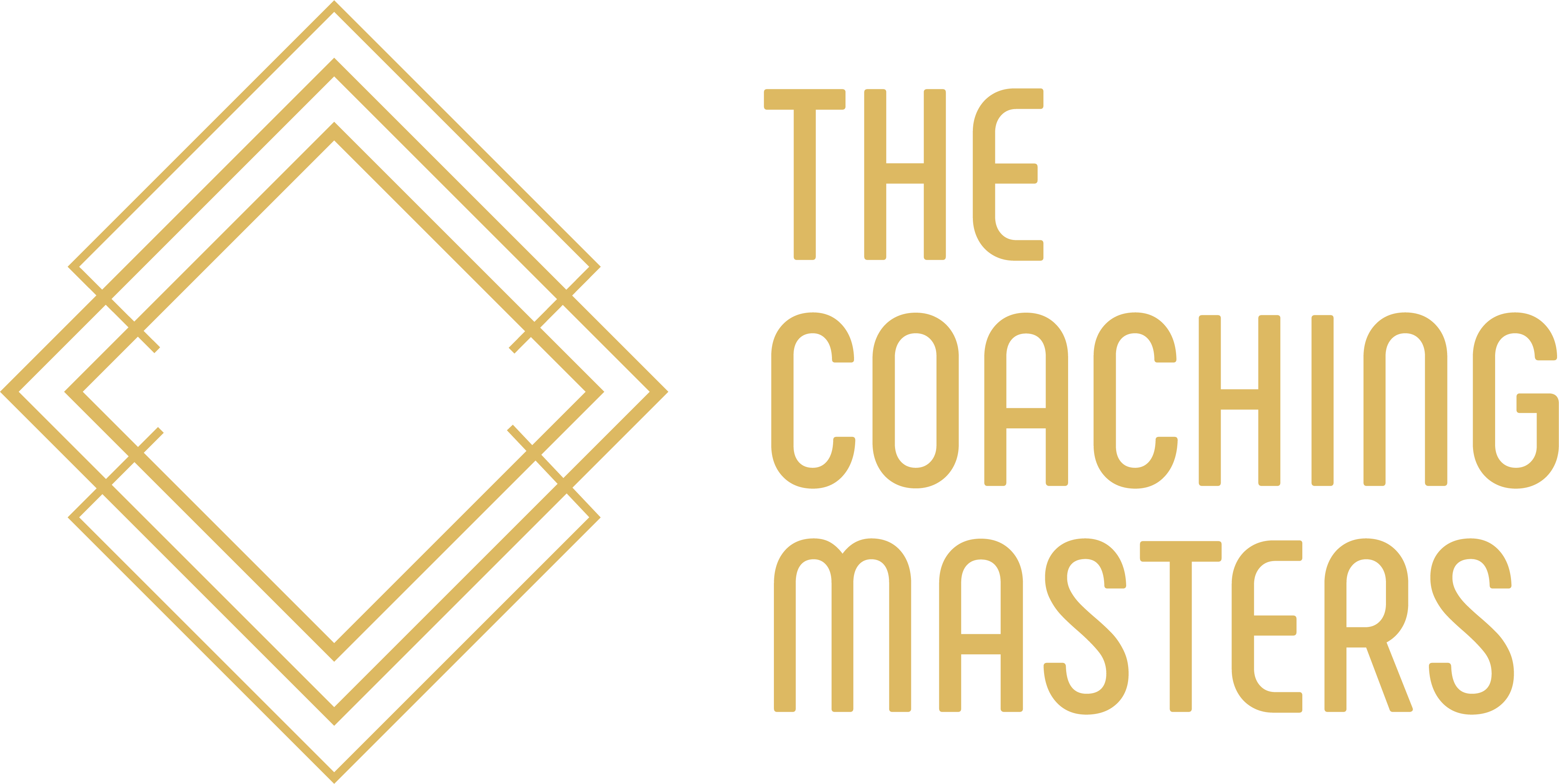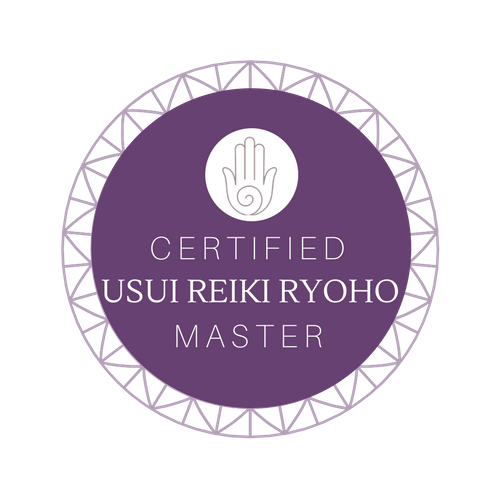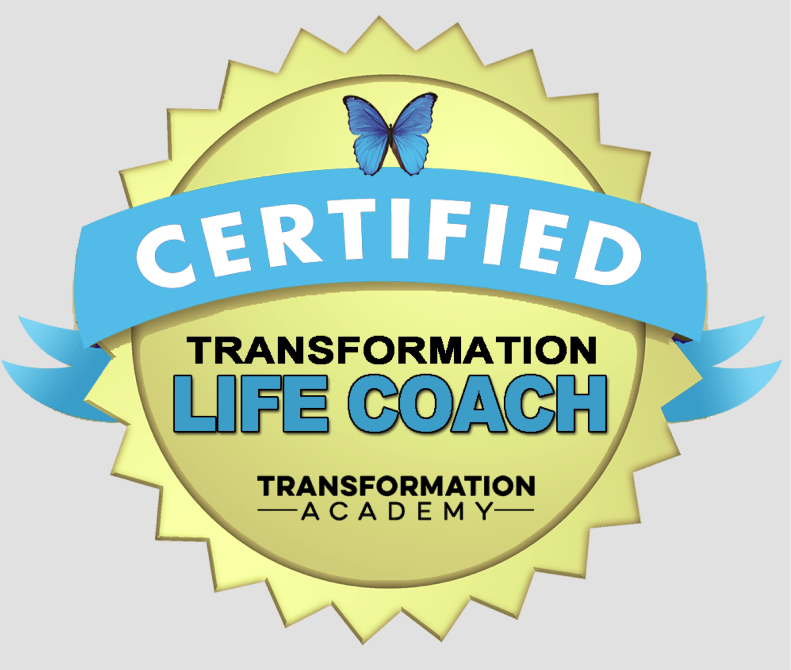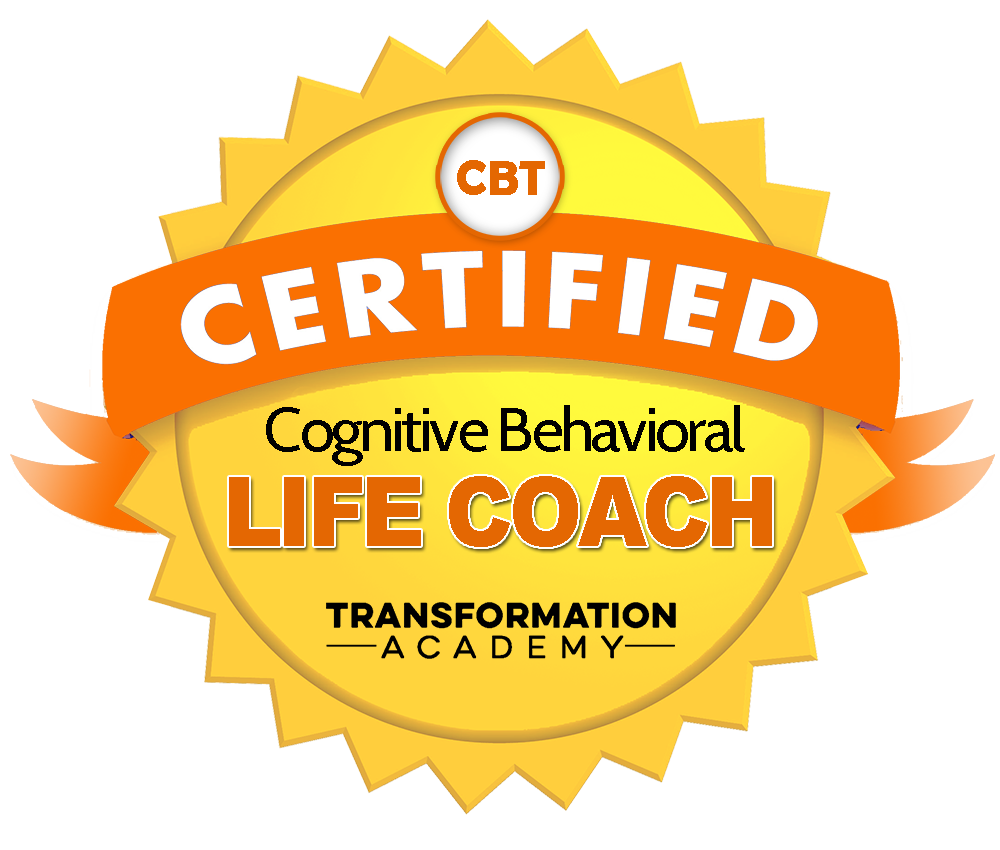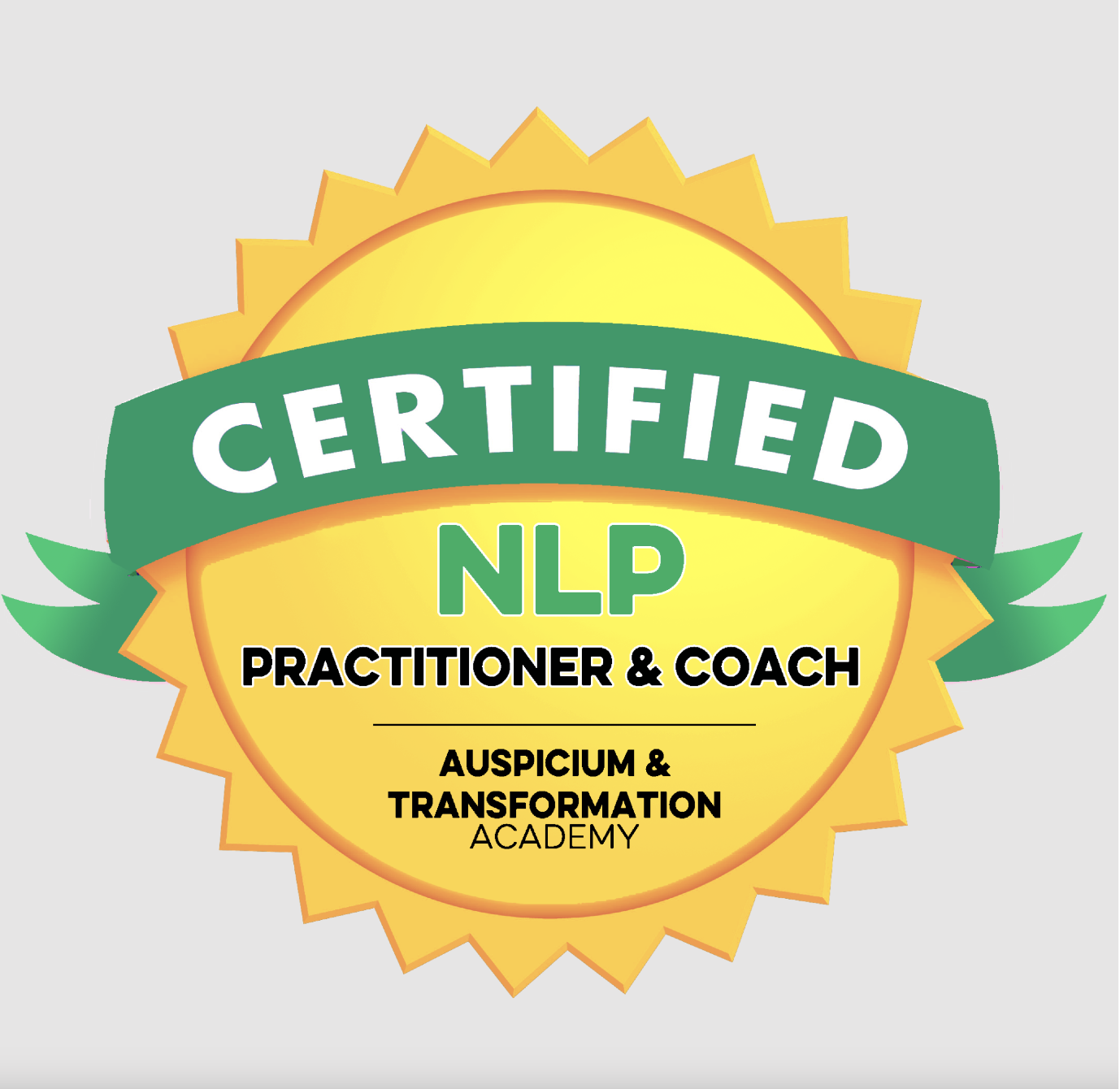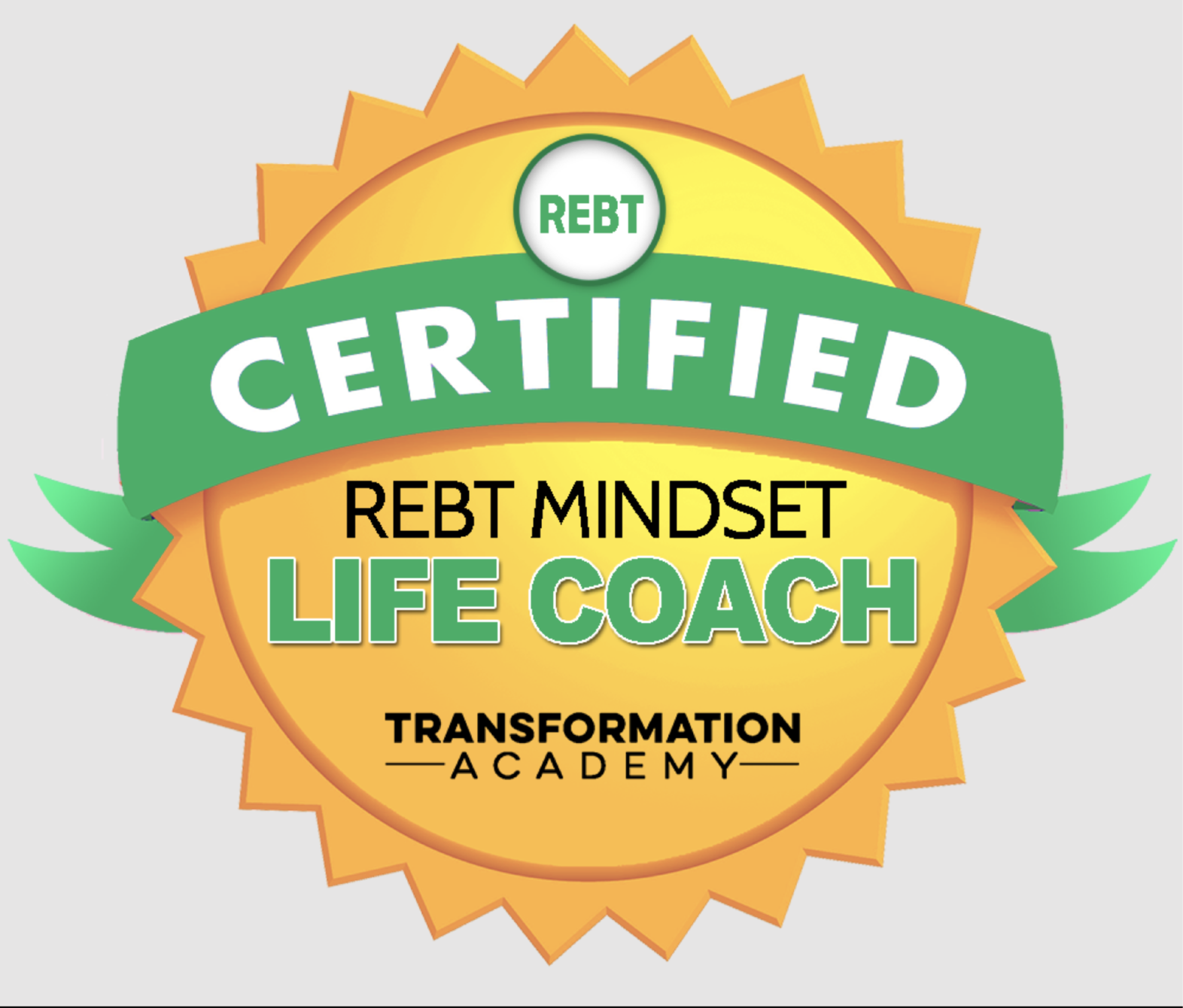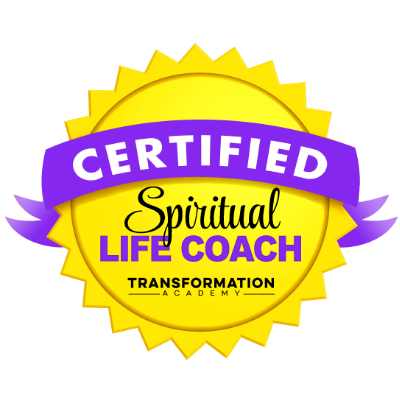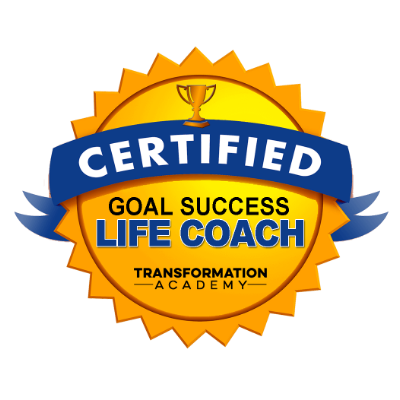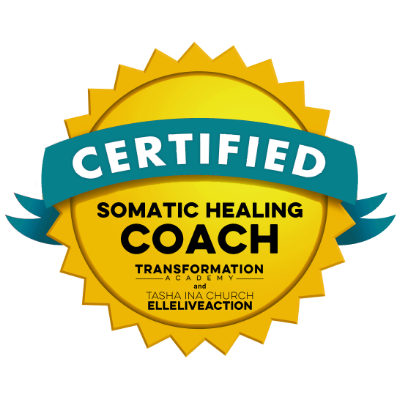Tai Chi For Health
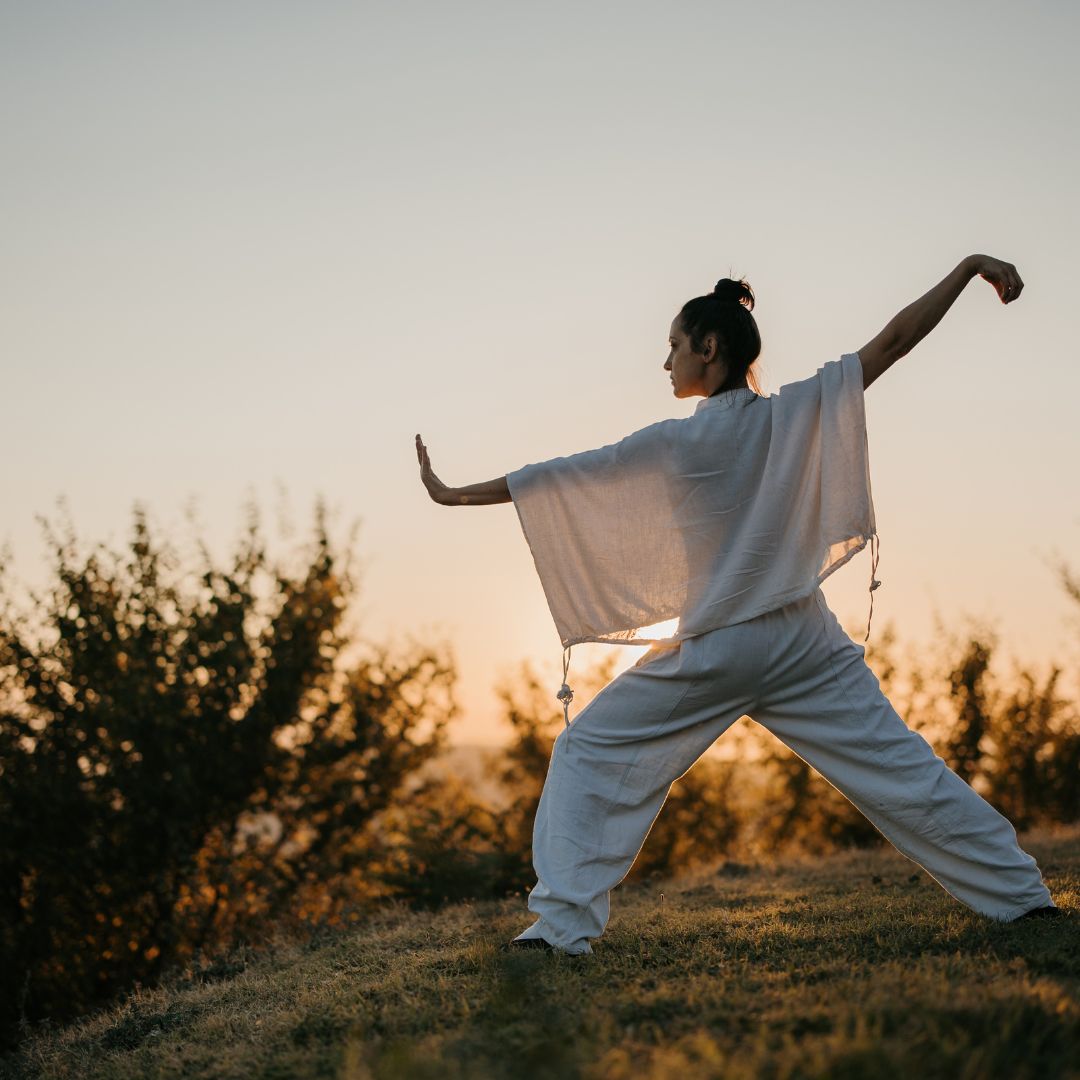
Tai Chi for Health
At its core, Tai Chi is a holistic practice deeply rooted in Chinese tradition, passed down through generations as a means of promoting health and vitality. Its slow, flowing movements are designed to enhance physical strength, balance, and flexibility while cultivating a sense of inner calm. By shifting weight gently and rhythmically, practitioners of Tai Chi engage their entire body, leading to numerous health benefits.Strengthening the Body
One of the primary physical advantages of Tai Chi lies in its ability to strengthen the legs and condition the ligaments and tendons in the knees, hips, and ankles. This constant balance-shifting not only builds resilience but also increases the range of motion in joints, reducing the likelihood of pain and muscle spasms. Over time, these exercises lead to smoother, more confident movements that can seamlessly translate into everyday activities.
Additionally, practicing Tai Chi for even 15 to 20 minutes a day can dissipate stress and improve overall stamina. This reduction in stress, combined with the physical conditioning, creates a ripple effect that benefits various aspects of health.Stress Reduction and Emotional Resilience
Tai Chi’s emphasis on mindfulness during movement has been widely recognized for its ability to reduce stress. By focusing the mind and synchronizing it with the body’s motions, practitioners experience a calming effect that can alleviate anxiety and improve mood. Stress hormones such as cortisol decrease with regular practice, enhancing emotional resilience and boosting the immune system.Medical Benefits
Medical professionals increasingly acknowledge the value of Tai Chi as a supplementary form of therapy. Studies have shown that Tai Chi can help reduce hypertension, improve oxygen intake, and strengthen cardiovascular health. The controlled breathing techniques integrated into the practice promote more efficient respiratory function, which can enhance overall stamina.
Other documented benefits include:
- Increased joint flexibility and range of motion
- Enhanced leg strength and stability
- Improved balance, which is especially critical for older adults
- Reduction in stress-related factors, such as insomnia or digestive issues
The combination of these effects leads to a higher quality of life, particularly for individuals dealing with chronic conditions or age-related physical decline.
Tai Chi and Science
Tai Chi’s benefits extend beyond the visible physical changes, delving into the intricate workings of the body at a molecular and cellular level. Modern science has begun to explore these profound effects, uncovering how Tai Chi can promote optimal function within the body’s most fundamental structures.
Cellular Renewal and Energy Flow
At its most intricate level, Tai Chi appears to influence the body at the atomic and molecular scale. The practice generates a form of energy, often referred to as "qi" or "chi," that moves through the fascia—thin layers of connective tissue that support and separate muscles, nerves, and organs. This energy flow helps maintain the integrity of the body's internal systems, ensuring better communication between organs and tissues.
Additionally, Tai Chi has been shown to reduce the presence of cross-linking chemicals that contribute to cellular aging. Cross-linking occurs when proteins bind improperly, leading to stiffness and reduced function in tissues and organs. By mitigating this process, Tai Chi may help slow the aging process and maintain cellular health.
Cardiovascular and Organ Health
Tai Chi's slow, deliberate movements and deep breathing techniques enhance blood circulation. Improved circulation ensures that blood flows freely through vessels, reducing the risk of blockages that can lead to heart attacks or strokes. Regular practice can also help regulate blood pressure, a critical benefit for individuals in middle or old age.
Tai Chi’s focus on cultivating internal energy allows it to act as a catalyst for detoxification. By facilitating the removal of toxins and promoting healthy blood flow, it supports the overall functioning of vital organs, such as the heart, lungs, and kidneys.
Benefits for Aging Populations
As people age, physical strength and flexibility naturally decline. Tai Chi offers a gentle yet effective way to counteract these effects. Studies have demonstrated that practicing Tai Chi can help older adults maintain their balance and reduce the risk of falls—a common concern for those in their 80s and 90s. Improved joint flexibility and muscle strength are additional benefits that contribute to overall mobility and independence in later years.
Research has also shown that Tai Chi can decrease blood pressure in older adults, further supporting its role in promoting cardiovascular health. The meditative aspects of the practice, combined with its physical benefits, make it an ideal exercise for aging populations seeking to maintain their vitality.
The Optimal Time for Practice
While Tai Chi can be practiced at any time of day, early morning is considered the most beneficial period. Practicing at sunrise allows individuals to connect with the fresh energy of the day and absorb the revitalizing benefits of sunlight. Morning sessions also help set a positive tone for the day, promoting mindfulness and clarity that can carry through daily activities.
To maximize the benefits of Tai Chi, it is essential to approach the practice with discipline and intention. Consistency is key, as regular practice reinforces the physical and mental habits that contribute to long-term well-being.
In Summary
Tai Chi is a remarkable practice that bridges the gap between traditional wisdom and modern scientific understanding. Its gentle yet powerful movements offer a holistic approach to health, addressing physical, emotional, and even cellular well-being. By enhancing strength, flexibility, and balance, Tai Chi helps practitioners maintain vitality at any age. Meanwhile, its ability to reduce stress and support organ health underscores its profound impact on overall wellness.
Scientific research continues to uncover the intricate ways in which Tai Chi benefits the body, from improving circulation to promoting cellular renewal. For individuals seeking a balanced, harmonious approach to health, Tai Chi offers a timeless solution that combines movement, mindfulness, and energy cultivation. Whether practiced for a few minutes each day or embraced as a lifelong discipline, Tai Chi empowers individuals to achieve greater physical and emotional resilience, ultimately leading to a healthier, more fulfilling life.
Click the link below to book your free clarity call or free virtual coffee chat.
Grab a copy of our newletter by completing the form below, this will then be sent to your inbox every month.
My Affirmation For The Week
"Creativity is contagious. Pass it on."
